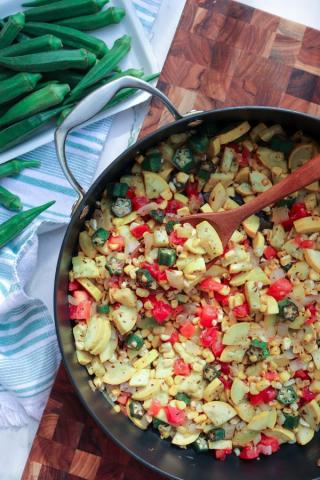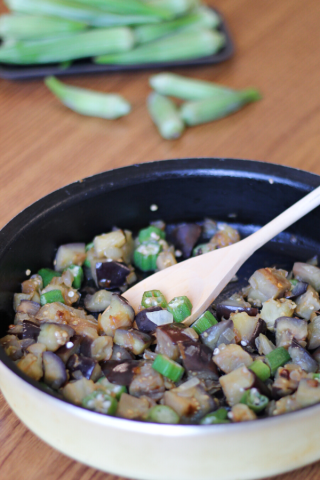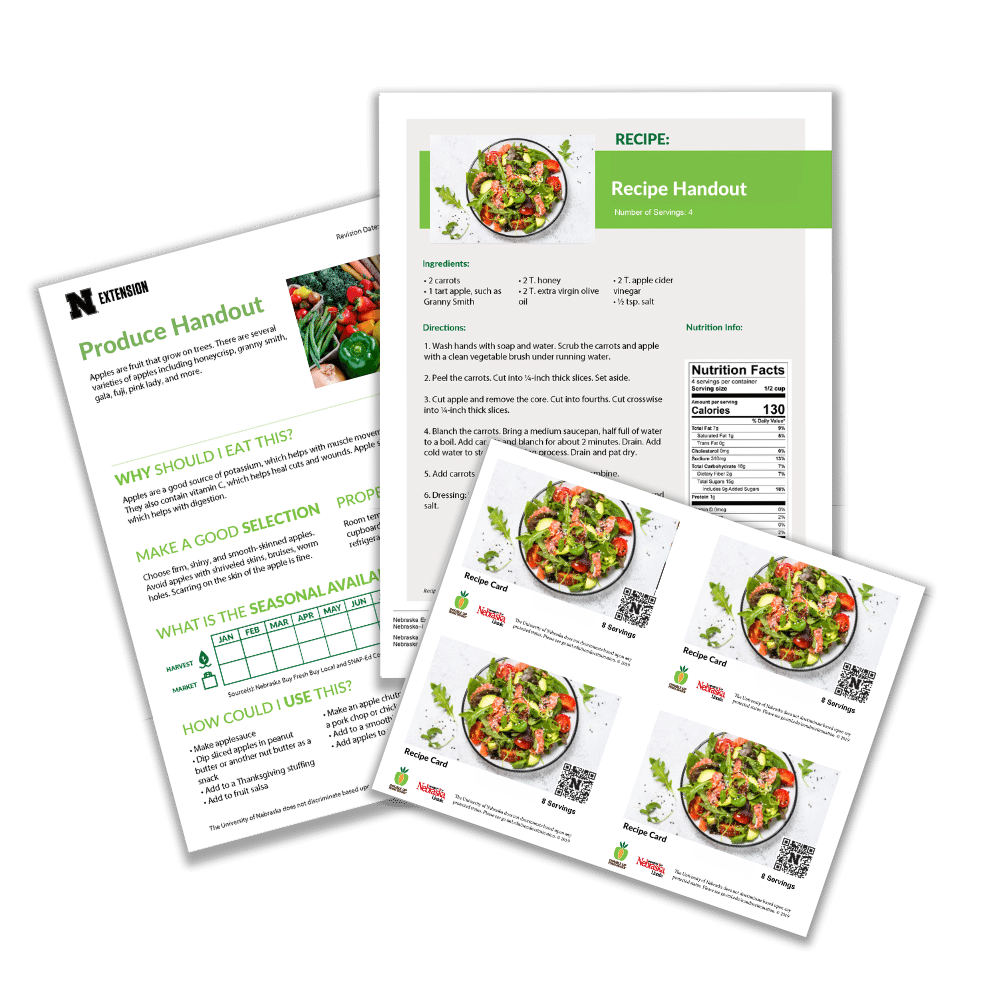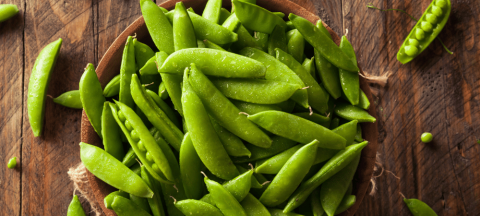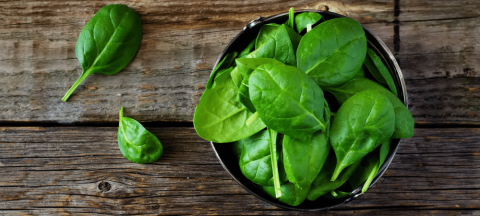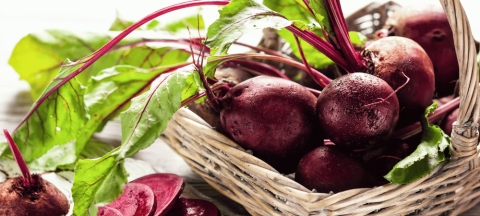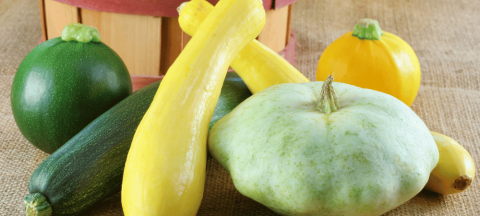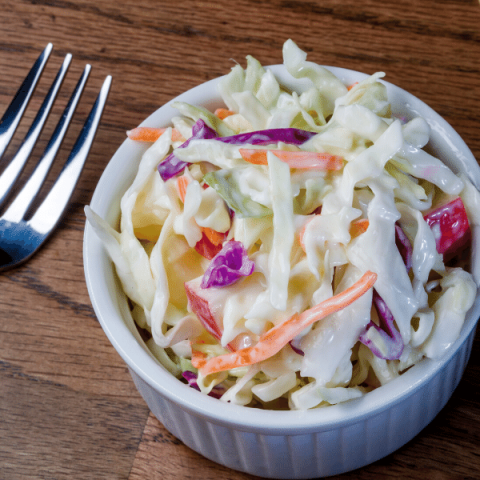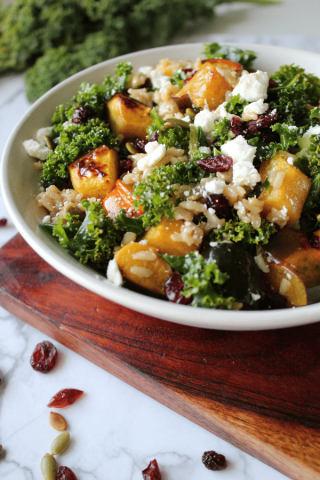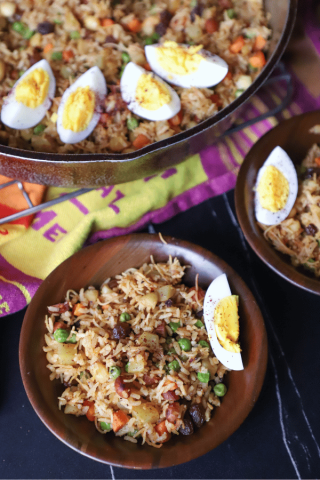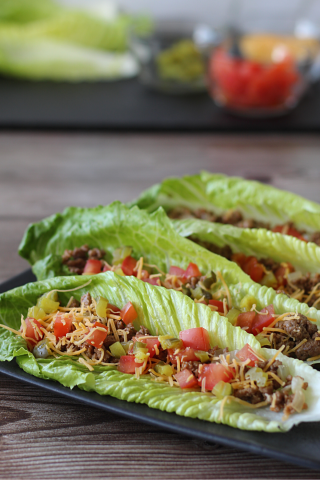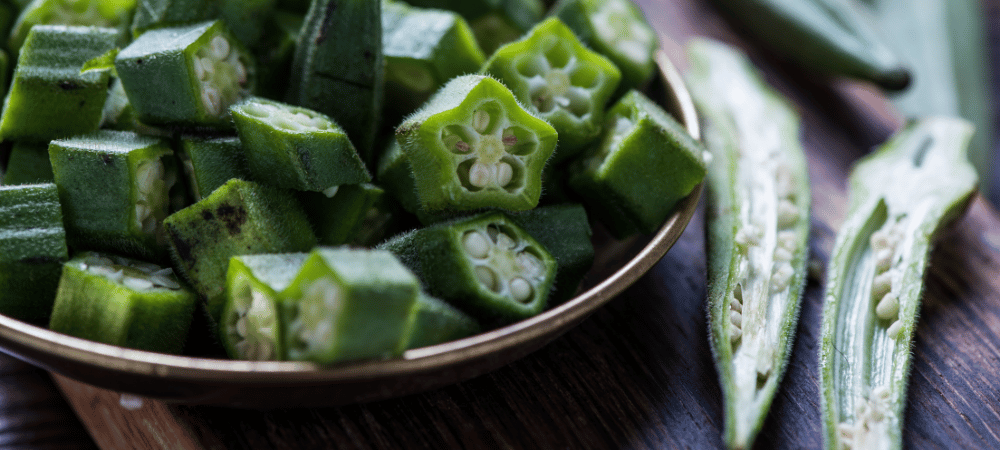
Okra is a green edible seed pod that has a fuzzy texture on its skin. The pods are used for soups, canning, and stews, or as a fried or boiled vegetable.
Nutrition and Health Benefits of Okra
Okra provides about 10% of our daily recommended amount of vitamin B6 and folate. Vitamin B6 helps our cells grow and stay healthy. Folate helps our tissues grow, cells work and is an important vitamin for women who are pregnant.
How to Select Okra
When selecting okra, look for ones that have a bright green color to them and are firm when touched. Make sure to avoid okra that is moldy, limp, or dried out.
How to Store Okra
Store uncooked okra in a plastic bag or container in the refrigerator for 2-3 days or in the freezer in an airtight container. Before cooking okra, make sure to rinse them carefully with cold water.
How to Prepare Okra
- Add to soup or stew
- Add to stir-fry
- Okra is used in gumbo
- Try okra grilled, sautéed or roasted
- Pickle okra
Seasonal Availability of Okra in Nebraska
| Jan | Feb | Mar | Apr | May | Jun | Jul | Aug | Sep | Oct | Nov | Dec | |
|---|---|---|---|---|---|---|---|---|---|---|---|---|
| Harvest | x | x | x | x | ||||||||
| Market | x | x | x | x |
Featured Recipes
Materials to Print
The Seasonal Produce Handouts page includes a variety of handouts, recipes, and recipe cards that are available as downloadable PDFs. You can use these resources in your educational programs.
Source:
- Fruit and Veggie Fact Sheets, UNL Nutrition Education Program
- Seasonal Produce Guide - Okra, SNAP-Ed Connection
- Nebraska Harvest Schedule, Buy Fresh Buy Local Nebraska
Tags:
Feedback Form
Feedback Form
If you do not see the article, please scroll up the page.
